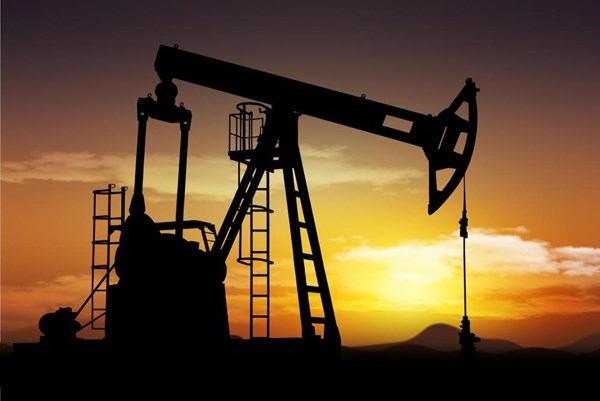Russia has only 7 years of oil remaining
The Russian economy, which has been based almost exclusively on oil and gas exports since Soviet times, is now facing a countdown.
The old Soviet-era deposits are being rapidly depleted, and the country has been unable to find new deposits with oil that can be extracted easily and cheaply, reports finanz.ru.
The current levels of oil extraction in Russia “are inadequately ensured by the reserves of the deposits being developed,” according to a document titled “Strategy of the mineral raw material base until 2035” drafted by the Russian Ministry of Natural Resources and signed by Prime Minister Dmitry Medvedev on Friday.
Only 7 years remain until the tipping point, the document warns.
From 2025, the reserve of active deposits will no longer be able to handle the load. By 2035, the ministry estimates that production could drop by nearly half – from the current 553 million tons per year (11.4 million barrels per day), to 310 million tons (6.3 million barrels per day).
The situation will be particularly severe in Western Siberia, which currently provides every second barrel. If nothing is done about it, in the worst-case scenario the production will drop by more than half – from 330 to 146 million tons per year, warned Energy Minister Alexander Novak at a government session on September 18.
This means that no oil for exporting (currently 5.2 million barrels per day) will remain. The stream of oil dollars which account for an estimated 30% of Russia’s foreign currency earnings could dry up.
Russia will completely vanish from the world oil market by the middle of the 2030s, Saudi Arabian Crown Prince Mohammed Bin Salman told Bloomberg in an interview. He added that Riyadh is ready to replace retiring Russian supplies.
In order to stay in the big oil game, Russia will need to develop reserves that are hard to extract, the strategic document says. According to the Federal Agency for Mineral Resources, shale and deep-water projects in the Arctic shelf account for two third of the country’s remaining oil.
The problem is profitability: the cost of such extraction is from $70 per barrel on land to as much as $150 in the Arctic, observes RusEnergy partner Mikhail Krutikhin. Furthermore, in order to pursue these projects, Russia will need technologies that western sanctions have cut it off from.
“Extraction could have been maintained with the traditional deposits using intensification (hydraulic fracturing, including multistage), by developing non-traditional oil reserves on land (Bazhenov Formation) or with the development of sea reserves (on the Arctic shelf),” observes Tatyana Mitrova, director of the Skolkovo Energy Center.
However, Russian companies have virtually none of their own technology or equipment for such operations, she notes. The technologies in question are shelf drilling and hydraulic fracturing technology, which make possible to extract shale oil, revive old deposits, and increase well output.
Since the start of the sanctions, not a single hydraulic fracturing fleet has been built, and the existing fleet is rapidly deteriorating, Mitrova observes, and even maintaining extraction at old deposits could become a problem.
The scale of the looming threats is such that they have been discussed at the Security Council level.
In November, the Security Council held a session devoted to the risks to the fuel and energy sector. At the end of the session, President Vladimir Putin said that the extraction of energy resources “brings Russia not only appreciable revenue, but also allows it to remain one of the primary guarantors of world energy security”, and that sanctions create “threats” and “challenges” to this state of affairs.
At that time, the Security Council approved an Energy Security Doctrine which demands a technological breakthrough in the oil sector.
“So that we have our own equipment, our own technologies, software etc.” said Security Council Secretary Nikolai Patrushev.
